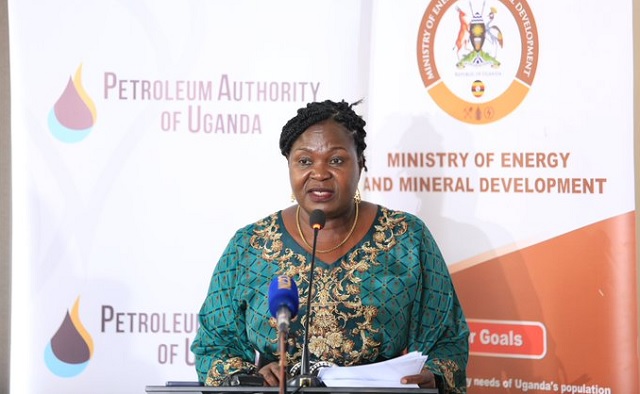
Gulu, Uganda | THE INDEPENDENT | A Ugandan registered company, H₂ Agro Uganda Limited has secured a government node to start a hydrogen industrial complex at the Karuma Hydropower Plant.
The hydrogen park is expected to take advantage of the electricity produced at the dam to power a petrochemical industry that will mainly be based on hydrogen as the main input.
Specifically, H₂ Agro is more interested in the manufacture of green fertilizers, saying this will go a long way in answering the challenges Ugandans face in accessing fertilizers.
The company and the Ministry of Energy and Mineral Development have now signed a Memorandum of Understanding for the development, financing, construction, and operation of “an industrial scale” green hydrogen, ammonia synthesis, and nitrogen fertilizer project in Uganda.
It will comprise an integrated complex utilizing electricity and water at the Karuma power plant.
The Minister for Energy and Mineral Development, Ruth Nankabirwa welcomed the project saying apart from powering energy transition, Uganda is in dire need of a fertilizer industry.
She says the country’s soils are getting depleted on their natural fertility and yet access to fertilizer, of about 2 percent of the required application, is too low.
Edwin Kikonyogo, CEO of H₂ Agro says in the first year of the MOU, feasibility studies will be done to reveal project costs, output levels and market details, and land acquisition, among others.
Hydrogen as a chemical can be used in several processes where natural gas or methane, is otherwise used, however, hydrogen is cleaner than natural gas from fossil fuel.
To produce green fertilizers, the hydrogen needed to make ammonia will come from water which is split into hydrogen and oxygen, a process experts say is the cleanest. In most cases today, ammonia is produced using hydrogen from fossil fuels.
Kikonyogo says this is one of the ways to help Uganda transition from fossil to cleaner energy.
According to Kikonyogo, the abundance of water and hydropower give Uganda a comparative advantage to grow the hydrogen industry.
Minister Nankabirwa was convinced that the investors will abide by the MOU because, among other factors, they have been accompanied by their financiers, the Climate Fund Managers BV, a Netherlands-based climate fund company.
The MOU, according to Nankabirwa should be implemented within one year after which the company will give its final decision on the investment.
Climate Fund Managers B.V. operates as a fund manager, specializing in implementing platforms for climate mitigation and adaptation financing across sectors such as energy, water, landscapes, oceans, and sustainable cities.
*****
URN
 The Independent Uganda: You get the Truth we Pay the Price
The Independent Uganda: You get the Truth we Pay the Price





